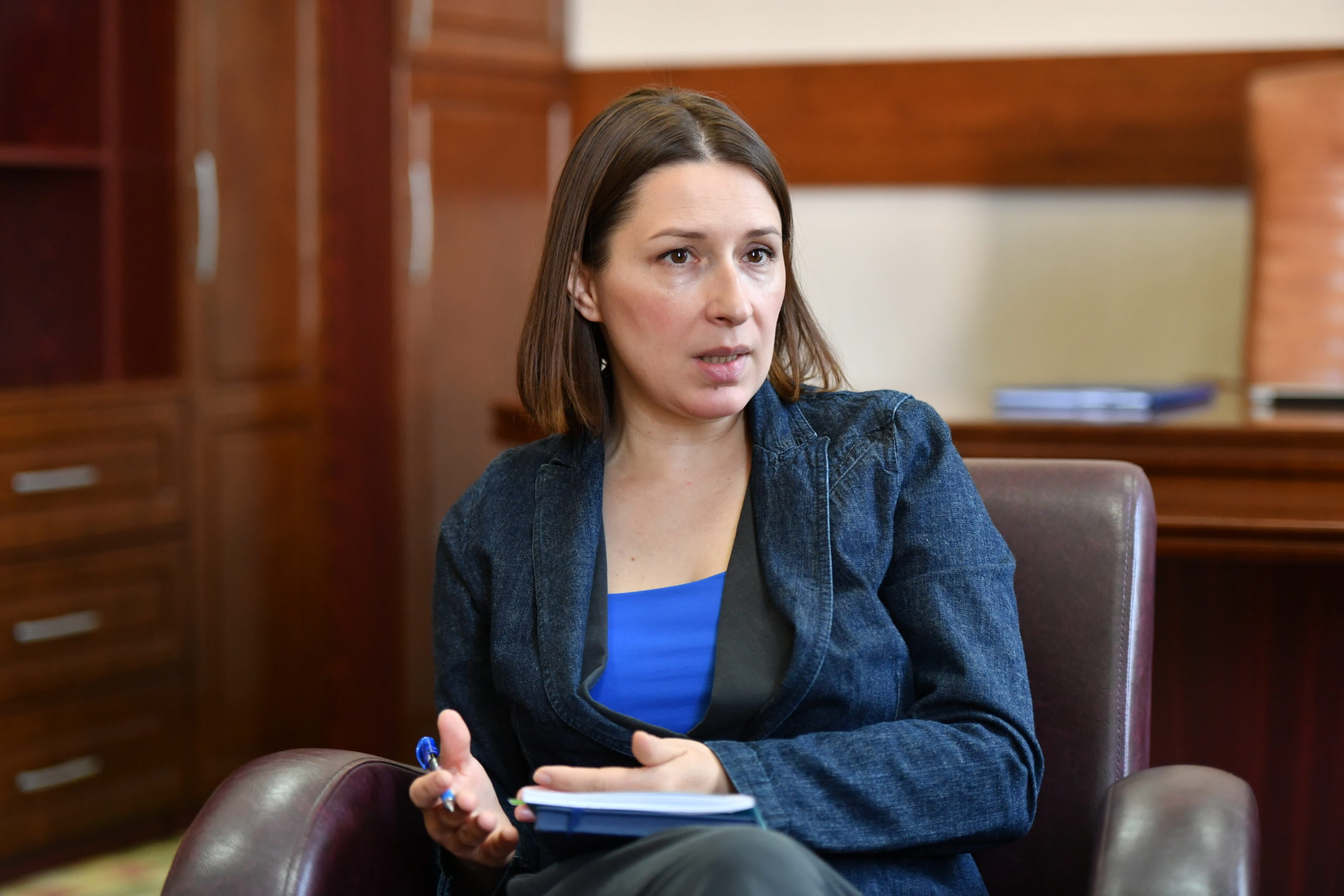The Broadcasting Council regards the vote in Comrat as a “parallel” tool for licensing TV channels and radio stations as an “attempt to circumvent the Code of Audiovisual Media Services and the national courts’ decisions,” according to the president of the authority. Liliana Vitu also specifies for Media Azi that, as soon as the project was back in the agenda of the People’s Assembly of Gagauzia, the authority informed the Government which has its representative in this territory, the specialized committees of the Parliament, the Presidency, the Intelligence and Security Service, and the General Prosecutor’s Office.
The draft law which is a new attempt to regulate the media at the local level was voted on in the first reading on June 25. Among other things, it provides for a new licensing procedure for the activity of TV channels and radio stations in Gagauzia, which implies obtaining an authorization known as the Izin for a fee from the General Directorate of Construction and Infrastructure of the ATUG.
The BC president warns about the risks this initiative entails. “This legal standard obviously contradicts the provisions of Code No 174/2018 and the Law on Regulating the Authorization of Entrepreneurial Activity No 160/2011, including the provisions and procedures related to obtaining a broadcasting license, and the only authority competent to issue such permissive documents in the broadcasting field is the Broadcasting Council of the Republic of Moldova. Replacing the broadcasting license with the so-called Izin permit on the basis of which audiovisual media service providers in the ATUG will be able to practice their activities causes imminent risks of TV and radio broadcasting services functioning outside the legal field (or continuing such activities),” Liliana Vitu explains.
She has also specified that, in the letters addressed to the state authorities, it is mentioned that “the Statement of the Civil, Commercial, and Administrative Litigation Board of the Supreme Court of Justice of October 5, 2022, declared the appeals filed by the Governor of Gagauzia and the People’s Assembly of Gagauzia against the Statement of Comrat Court of Appeal, by which the Law of the ATU of Gagauzia on Licensing Certain Types of Activities of July 7, 2000, adopted by the People’s Assembly of Gagauzia, was annulled as illegal, inadmissible, stating that it contravened the hierarchically superior laws. Therefore, promoting the above project is aimed at circumventing the decisions of the national courts.”
Several media NGOs have criticized this initiative in a public statement, affirming that, “according to the Code of Audiovisual Media Services, as well as to the legislation regulating the authorization procedures for certain activities, the BC is the only authority empowered by the law to make decisions on granting permissive documents for broadcasting to audiovisual media services. Establishing parallel authorization tools such as the Izin by the ATUG authorities is an attempt to circumvent the existing authorization regime and to contravene both the state legislation and the international treaties signed by the Republic of Moldova.”
